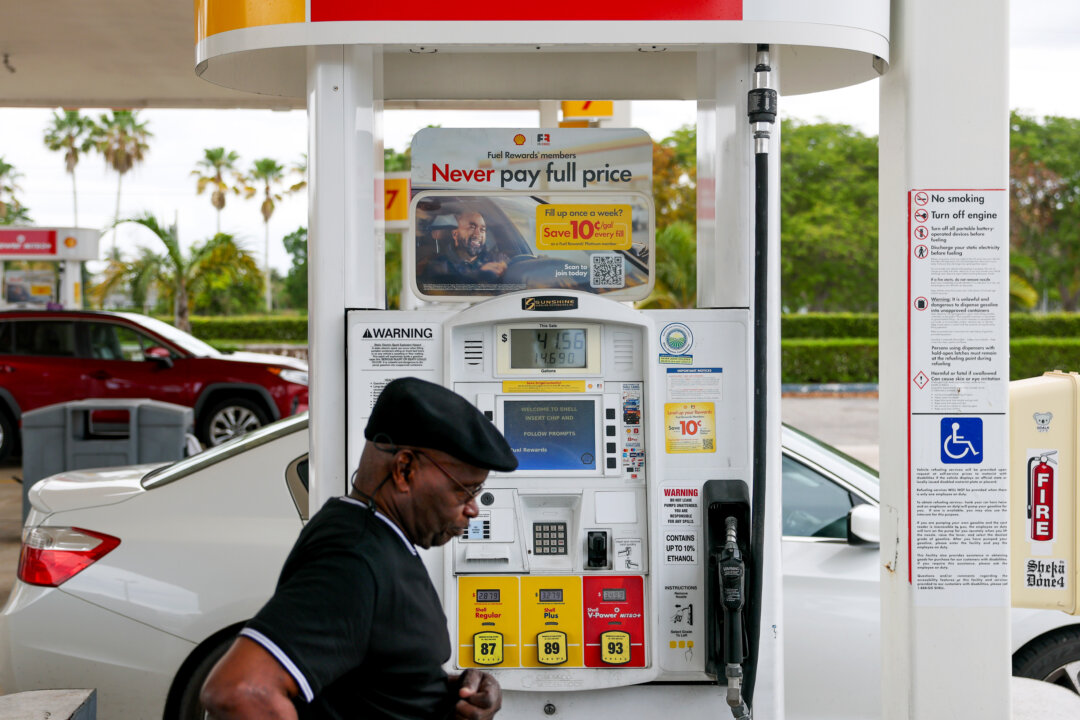U.S. Consumer Sentiment Drops Amid Rising Inflation Concerns
Consumer sentiment in the U.S. fell sharply in April, reflecting fears of job losses and rising inflation linked to President Trump’s trade wars.
Subscribe to unlock this story
We really don't like cutting you off, but you've reached your monthly limit. At just $5/month, subscriptions are how we keep this project going. Start your free 7-day trial today!
Get StartedHave an account? Sign in
Overview
The University of Michigan's consumer sentiment index fell to 50.8 in April, marking its lowest point since the COVID-19 pandemic. Concerns over rising unemployment and inflation expectations at a 44-year high are driving this decline, attributed largely to President Trump's ongoing trade wars. The share of people expecting unemployment to rise has increased for five consecutive months. Meanwhile, wholesale prices fell, indicating a possible easing in inflation, but tariffs introduced by Trump may reverse this trend. Analysts warn that heightened inflation expectations and uncertainty about economic stability could contribute to recession signs.
Report issue

Read both sides in 5 minutes each day
Analysis
- Consumer sentiment has sharply declined, largely attributed to President Trump's trade wars and rising inflation concerns, affecting all demographics and leading to worries about potential job losses.
- Inflation expectations have reached a 44-year high, indicating that consumers are increasingly anxious about their financial future and the state of the economy.
- The uncertainty created by ongoing tariffs has prompted consumers to become more cautious in their spending and hiring decisions, which could have lasting impacts on the economy.
Articles (7)
Center (1)
FAQ
No FAQs available for this story.
History
- This story does not have any previous versions.





